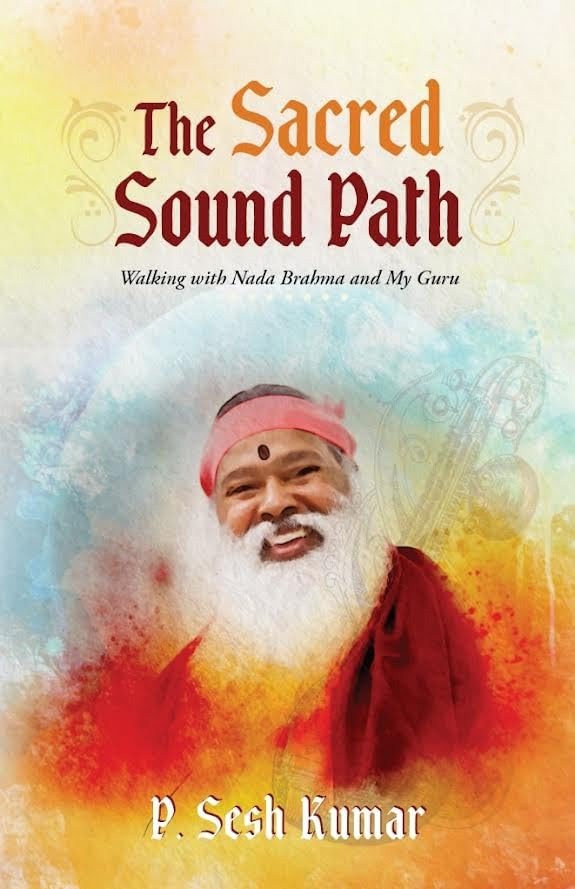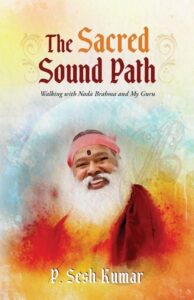The indecency of decency
Ravi Shanker Kapoor | January 13, 2015 4:06 am
The duplicity of our politicians is astounding. When Prime Minister Narendra Modi’s accused Aam Aadmi Party chief and former Delhi chief minister Arvind Kejriwal of being an anarchist without taking his name, the latter said that he would not respond to “personal allegations” against him. “They called me a liar, anarchist, and a lot more… this is the level of BJP. We never use this kind of language,” he added.
Look who is talking. The guy who never thought twice before hurling the vilest charges at anybody and everybody, invariably without evidence, is now talking about decency and decorum in politics.
This reminds me of the quwwali of Chaudhvin Ka Chand: “Sharma ke ye kyun sab parda-nashin, aanchal ko sanwara karte hain…” Why is it that all politicians, when cornered for some reason or the other, start stressing on civility and graciousness in the political arena. The stress often borders on muffling criticism. This is what happened in 2013. The Information & Broadcasting Ministry issued an advisory to TV channels regarding the then Prime Minister Manmohan Singh’s Independence Day speech, perhaps the first ‘advisory’ in history accompanied with the threat of “penal provisions.”
The ‘advisory’ said that “it had come to the notice of Ministry of Information & Broadcasting that certain TV channels attempted to denigrate the Office of the Prime Minister of India by constantly trying to compare the speech of the Hon’ble Prime Minister of India with the speech of other political leaders on 15th August, 2013.” The charge was based on two assumptions. First, “the Hon’ble Prime Minister of India” is a heavenly figure whose utterances need to be grasped in a state of reverence, while other political leaders are lesser mortals. Second, comparison is denigration.
While the first assumption is anti-democratic, the second one is idiotic and arbitrary. The prime minister is not a celestial creature with a divine right to rule. At any rate, from the Congress’ perspective, in India such a right is reserved only for the members of the Nehru-Gandhi Dynasty! Therefore, the Ministry’s contention militates against even the suppositions of the ruling party. And it surely is an affront to basic principles of democracy: the prime minister is one of us and is elected by us; he enjoys the high office so long as we, the people of India, deem him fit to rule the country; he derives his powers from our consent, and not from gods as many kings claimed to do in the past.
The Congress wanted the people of India to regard not only Manmohan Singh but also the Dynasty members to be held in reverence. This was the reason that the draconian Section 66A was added to the Information Technology Act. It was an egregious move to curtail the freedom of expression. All in the name of good taste and decency.
And now Kejriwal is trying to ward off criticism by hiding behind the shield of decency.































